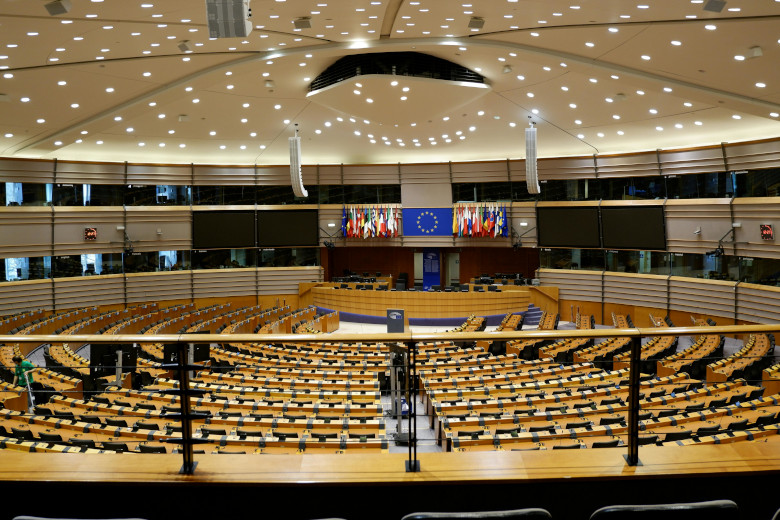
In an announcement co-signed by European Sugar Users (CIUS), AIBI and the European Fermentation Group (cefic), a balanced approach to sugar imports was requested: “The Committee’s recommendations include an adjustment to the reference years for triggering the ‘emergency safeguard measure’ proposed by the Commission to cap imports of ‘sensitive’ products. Such a change of reference period would mean slashing imports from Ukraine, when European cultivation of sugar beets has for years been insufficient to supply European consumers and industry. CIUS understands the farmer’s fears of a crash in prices as a result of increased imports. However, the facts are that, for sugar, the opposite has been the case over the last two years, when both imports and prices have gone up.”
European Sugar Users request a balanced approach
EU sugar prices have more or less doubled over the last couple of years. Yury Sharanov, President of CIUS, commented: “We have at no point been able to see any harm resulting from white sugar imports from Ukraine. On the contrary, these imports have provided much-needed revenue to the Ukrainian economy and supply of sugar to European food producers.”
The current unbalanced EU sugar market does not warrant limiting duty-free sugar imports from Ukraine — especially not to the extent proposed by the AGRI Committee, the joint announcement adds: “Slashing imports from Ukraine will pose challenges to food production, employment, and the broader economy in both the EU and Ukraine. To introduce an earlier reference period would cut imports even more than under the Commission’s proposal, with no credible justification. The EU has a chronic sugar deficit, so imports from Ukraine are needed and provide a vital contribution to the European food industry and economy. Without them, the EU’s strong export surplus in high-value-added sugar-containing products is undermined as well as the Ukrainian economy. The annual sugar import need is between 2 and 3.5 million tonnes of sugar each year. Imports from Ukraine in the marketing year 2022/2023 amounted to 400,000 tonnes. The AGRI committee recommendations would cut them to 40,000 tonnes. The Commission’s proposal would cut them to 140,000 tonnes. EU sugar prices are at historically high levels and far above World Market sugar prices which are also trading at decade highs – and all this during the period in which the EU was benefiting from much-needed imports from Ukraine.
We ask members of the INTA Committee, to consider the position of European sugar users when voting on March 7th.”
EU to continue Ukraine trade support
MEPs on the International Trade Committee endorsed the extension of trade liberalization measures to support Ukraine and Moldova in the face of Russia’s war. MEPs approved by 26 votes, with 10 against and 1 abstention, a proposal to renew the temporary suspension of import duties and quotas on Ukrainian agricultural exports to the EU for another year, from 6 June 2024 to 5 June 2025, to support Ukraine amidst Russia’s continuing war against the country.

Sandra Kalniete (EPP, LV), rapporteur for the Ukraine file said: “As we have just passed the second anniversary of the onset of Russia’s war of aggression against Ukraine, the proposal is a strong signal of the EU’s steadfast support for Ukraine and its people. The extension of the EU’s trade measures will ensure Ukraine can continue to export its agricultural products to the EU – a crucial lifeline for the Ukrainian economy. At the same time, the proposal includes solid safeguards ensuring our farmers will not be overwhelmed by a sudden surge of imports. The Commission will be able to re-introduce tariffs or take any other necessary measures if it finds imports of specific products lead to market disturbances. It is a good balance between continuing our vital support to the Ukraine and the necessary protection of our markets.”
Total EU imports from Ukraine amounted to EUR 24.3 billion in the 12 months to October 2023 compared to pre-war levels in 2021 of EUR 24 billion, according to the Commission.
Photos: Pexels


